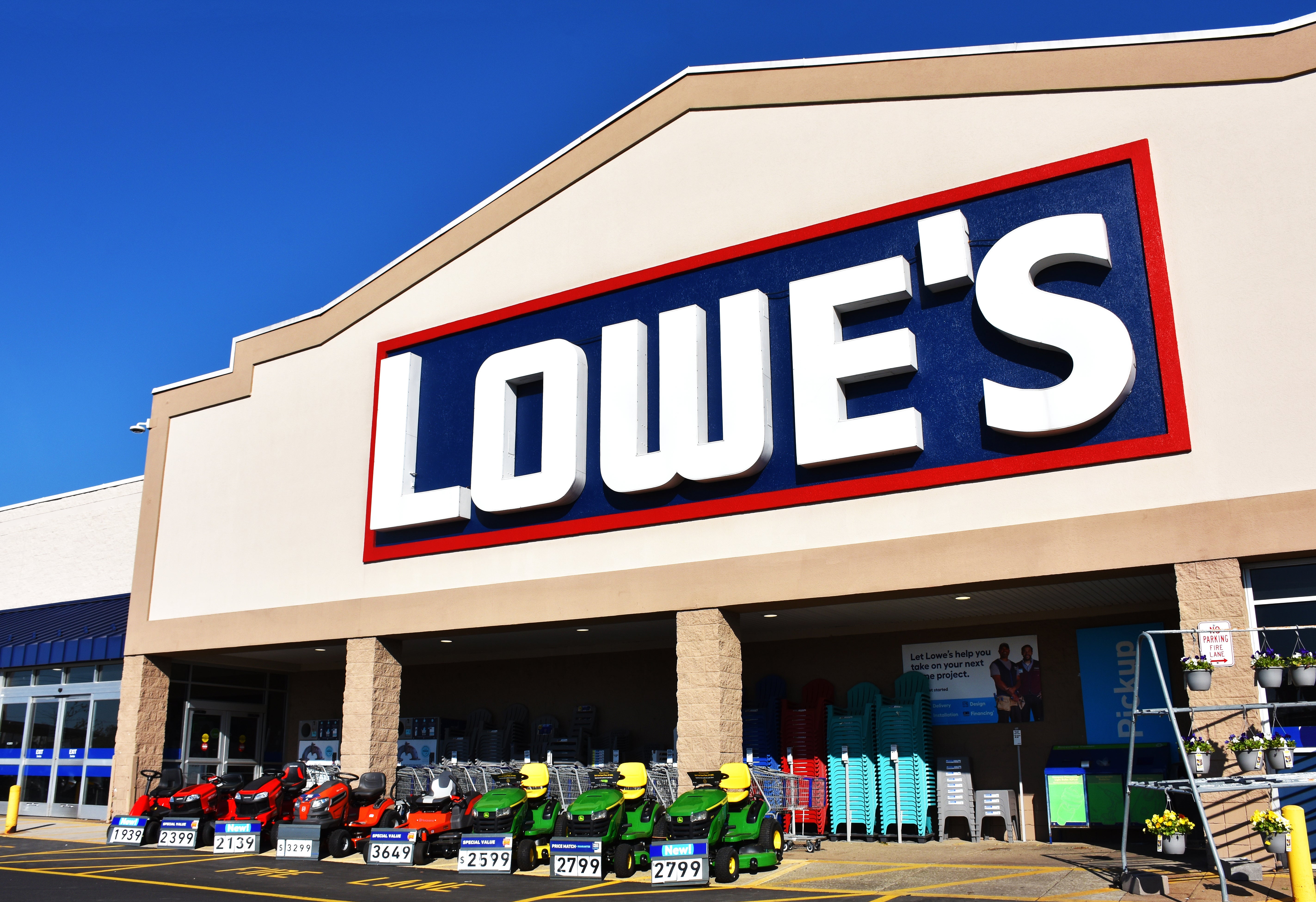After a boom phase, the surge in corporate DEI initiatives in the U.S. appears to be receding. Lowe’s, the giant home improvement chain, is joining a growing list of companies scaling back their diversity, equity and inclusion programs, according to a memo obtained by Reuters.
In June, Tractor Supply Co., the farming and home goods retailer, announced it was dialing back its DEI efforts, while major retailers such as Home Depot and Wayfair have done the same, according to reports in February by The Washington Post. Outside of retail, companies from JPMorganChase to John Deere to Harley-Davidson have also scaled back.
Though the reasons behind these pullbacks are multifaceted, some have followed lobbying from conservative activist Robby Starbuck, a Nashville-based former music video director who unsuccessfully ran as a write-in for the U.S. House of Representatives in Tennessee in 2022. Starbuck, a self-funded lobbyist with a team of two and a growing social media following, claimed credit for Lowe’s retrenchment, according to USA Today. “Our movement against wokeness is a force that companies simply cannot ignore,” he told the newspaper.
In a statement to The Associated Press, Lowe’s spokesman Steve Salazar pushed back on the claim, saying that the company had already been making changes internally before Starbuck’s involvement. However, his broader efforts have made waves, prompting pushback from groups that advocate for corporate DEI initiatives. USA Today quoted Eric Bloem, vice president of programs and corporate advocacy at the Human Rights Campaign, claiming that Starbuck is a fringe figure out of step with most Americans and that the decision by any company to succumb to his pressure tactics is short-sighted: “The future of business increasingly relies on an inclusive focus to not only be able to deliver products and services for diverse communities but to attract the best talent.”
Led by groups like the Human Rights Campaign, many American companies—including retailers from Walmart to Dick’s Sporting Goods—adopted more assertive social stances and actively began promoting diversity, equity and inclusion initiatives following the racial reckoning sparked by the 2020 murder of George Floyd. These programs often include actions such as promoting transparency around salary ranges and staff diversity statistics; hiring manager training; mentorship and sponsorship opportunities; and diverse-leadership initiatives.
A recent Robin Report story on this movement cited a survey conducted by Littler, a law firm specializing in employment issues, which found that among 300 C-suite executives across diverse industries and company sizes, 57 percent remain committed to DEI and have increased their level of related activity.
But even as support for DEI seems to remain strong in executive surveys, campaigns by Starbuck and others are pushing companies to, at the very least, rethink their policies. The Lowe’s memo obtained by Reuters said the retailer “will no longer participate in surveys for Human Rights Campaign … and is also combining its various business resource groups that represent diverse employees into one umbrella organization. … [Lowe’s] will not be sponsoring or participating in community events such as parades, festivals or fairs and might also make additional changes to the policies over time.”
Lowe’s—and other retailers—face a complicated set of inputs when making decisions around DEI, ranging from the sentiment within their own workforce to public campaigns. Some commentators have pointed out that, while the rollback on policies has grabbed headlines, the substance of the actual corporate changes has been minimal—and that Starbuck’s efforts have had little effect on companies’ stock prices, up or down. Whatever happens next with DEI, rest assured that, in addition to social and political factors, retailers will be keeping an eye on the bottom line.
____________
Warren Shoulberg is the former editor in chief for several leading B2B publications. He has been a guest lecturer at the Columbia University Graduate School of Business; received honors from the International Furnishings and Design Association and the Fashion Institute of Technology; and been cited by The Wall Street Journal, The New York Times, The Washington Post, CNN and other media as a leading industry expert. His Retail Watch columns offer deep industry insights on major markets and product categories.





























